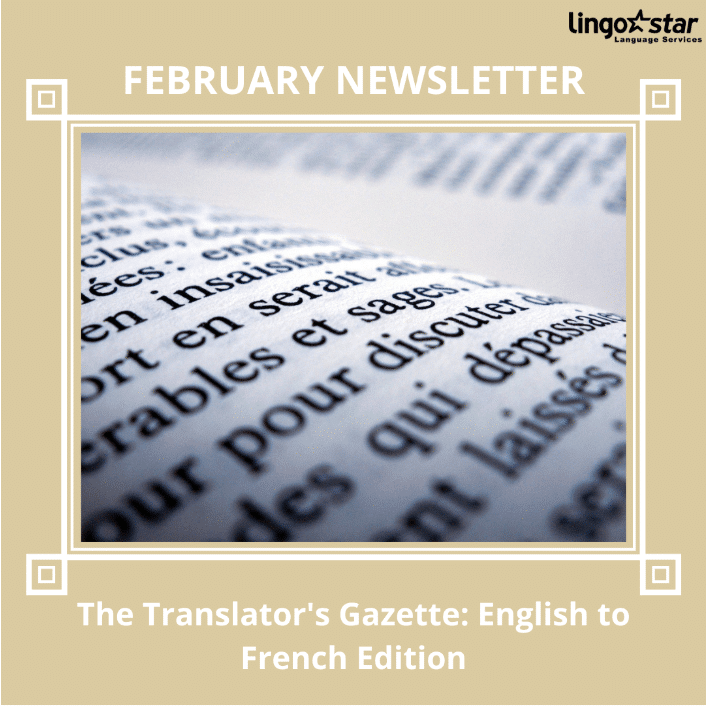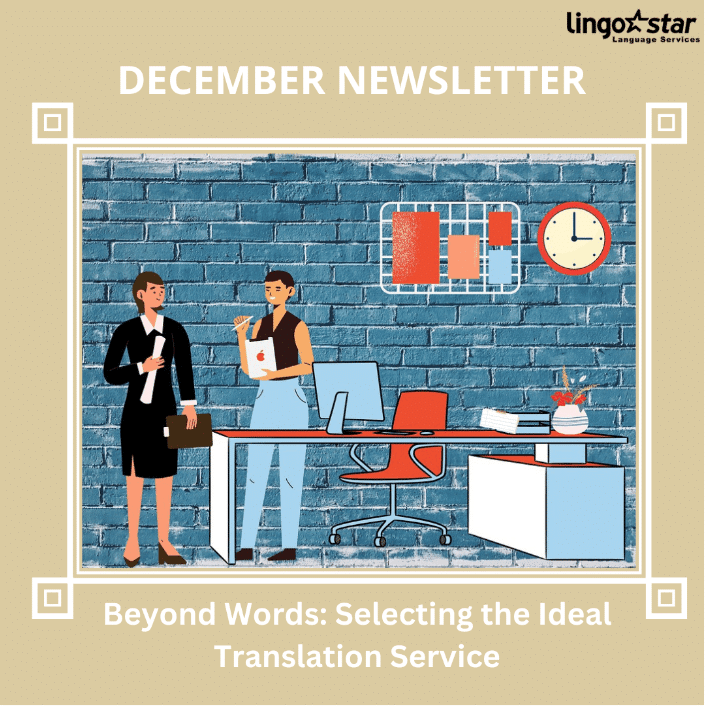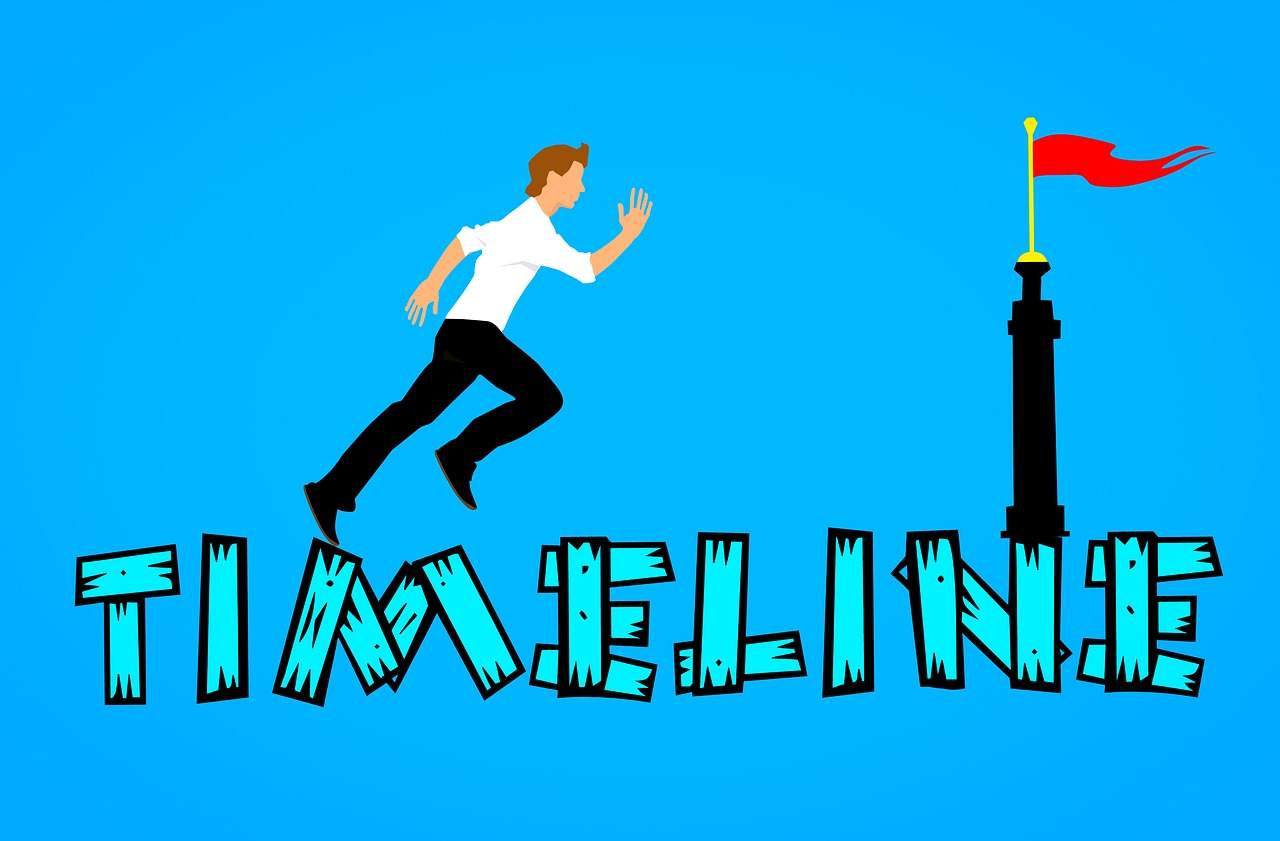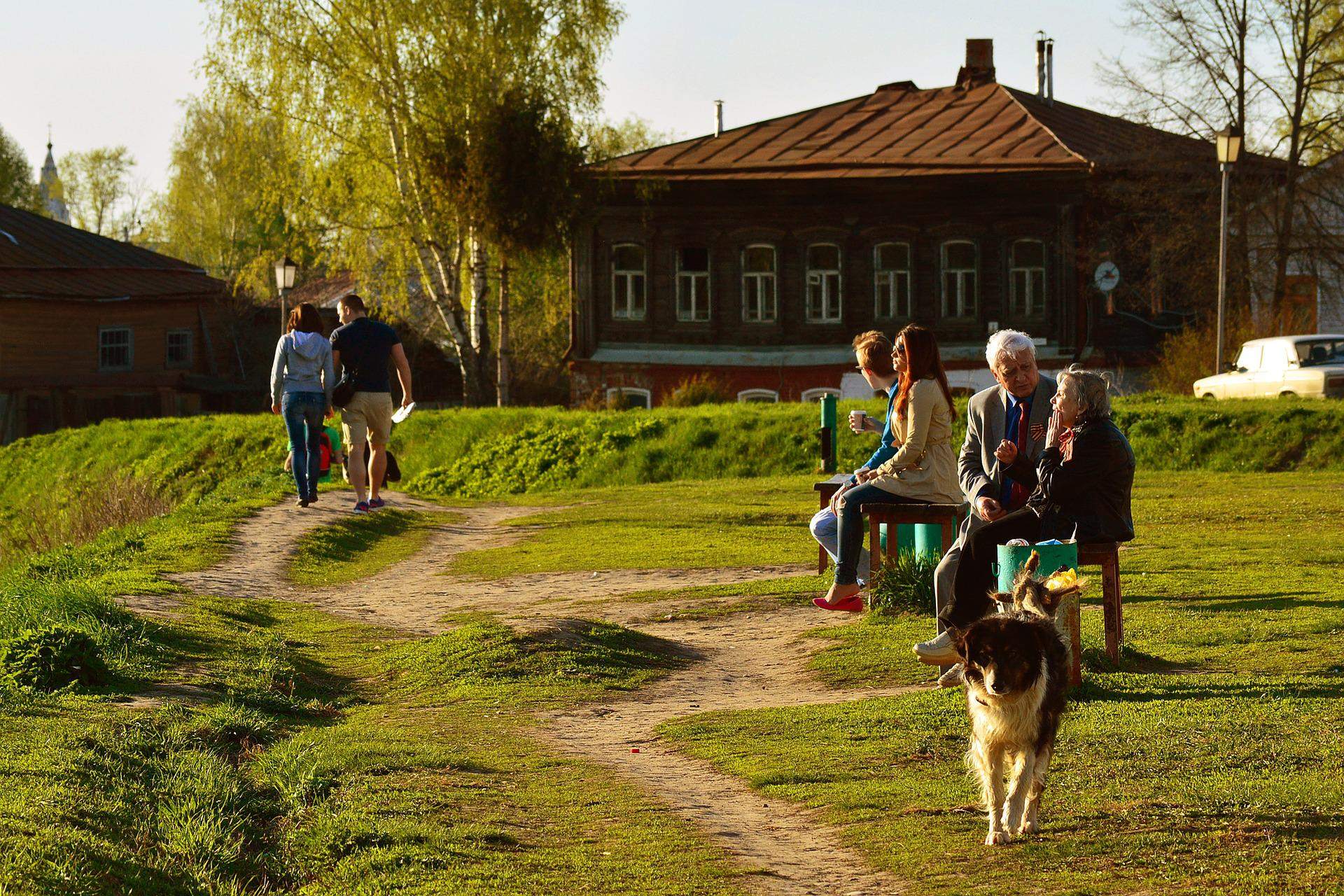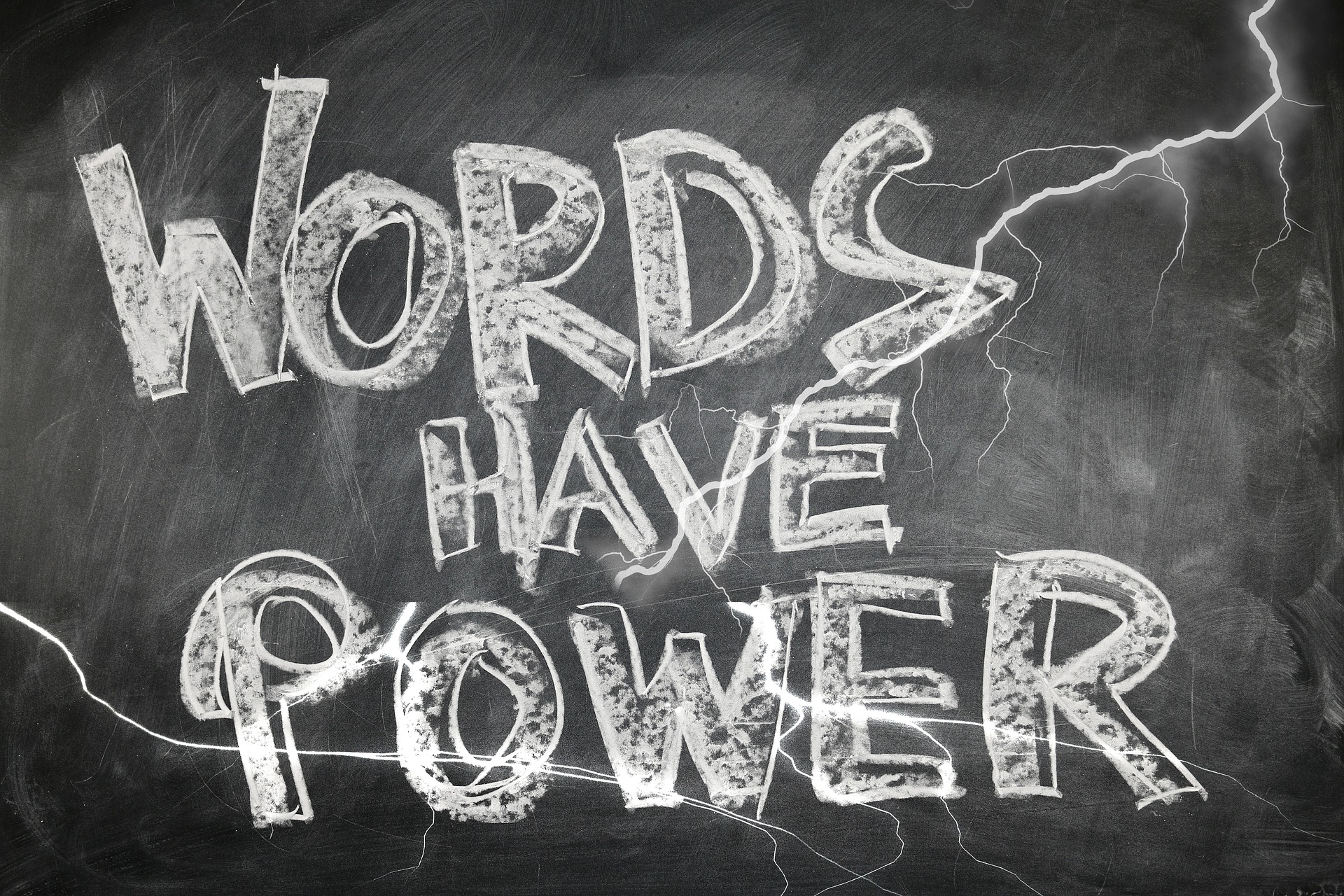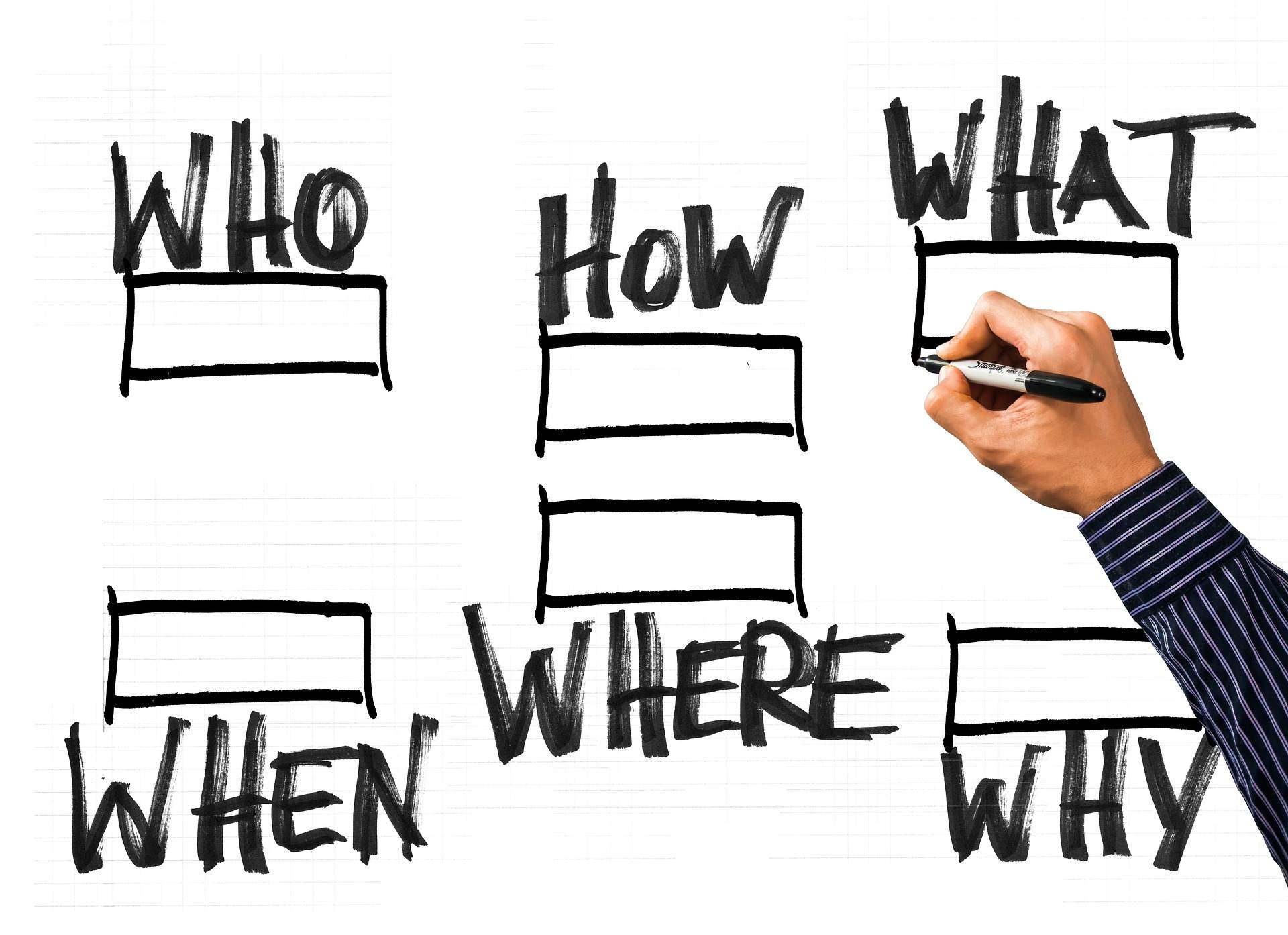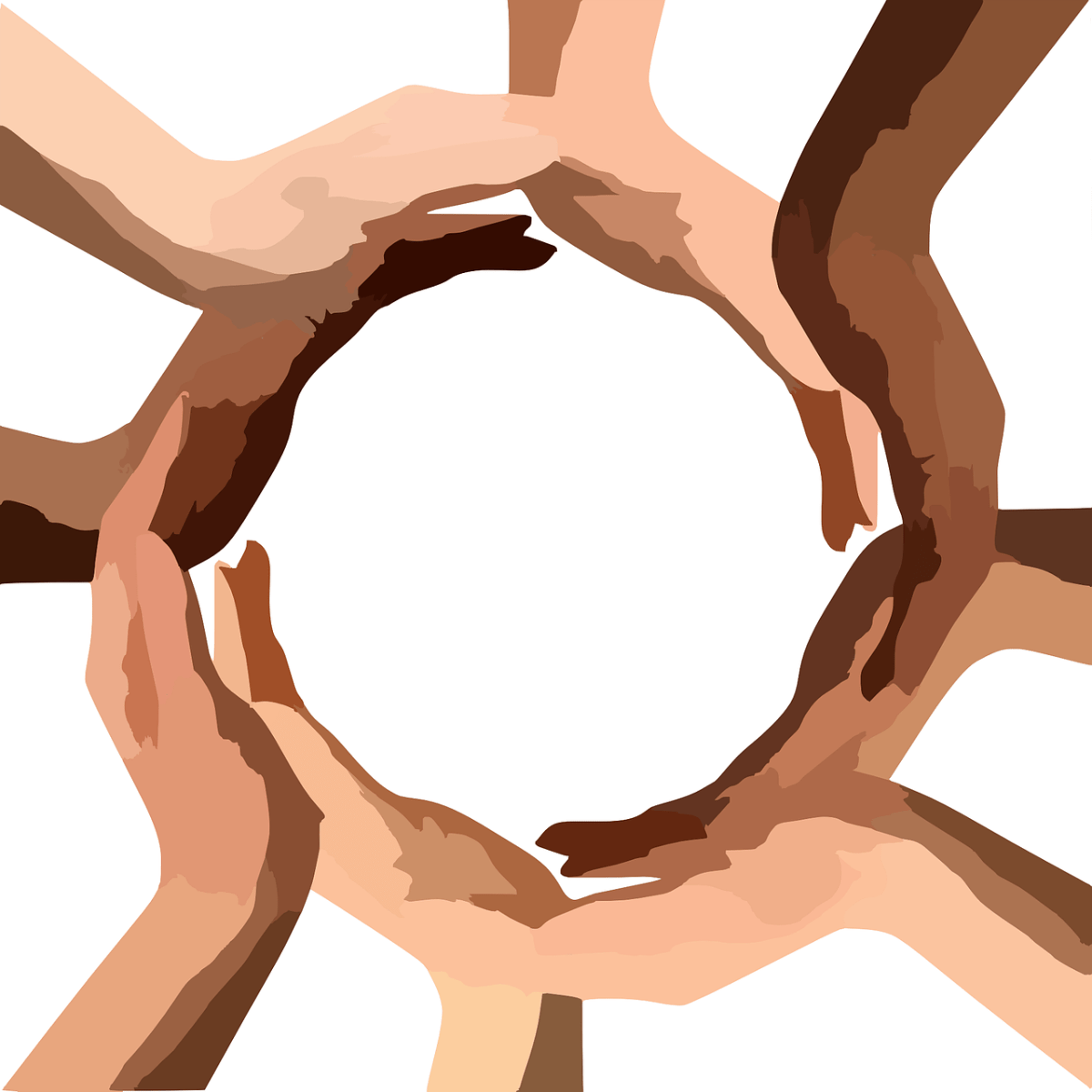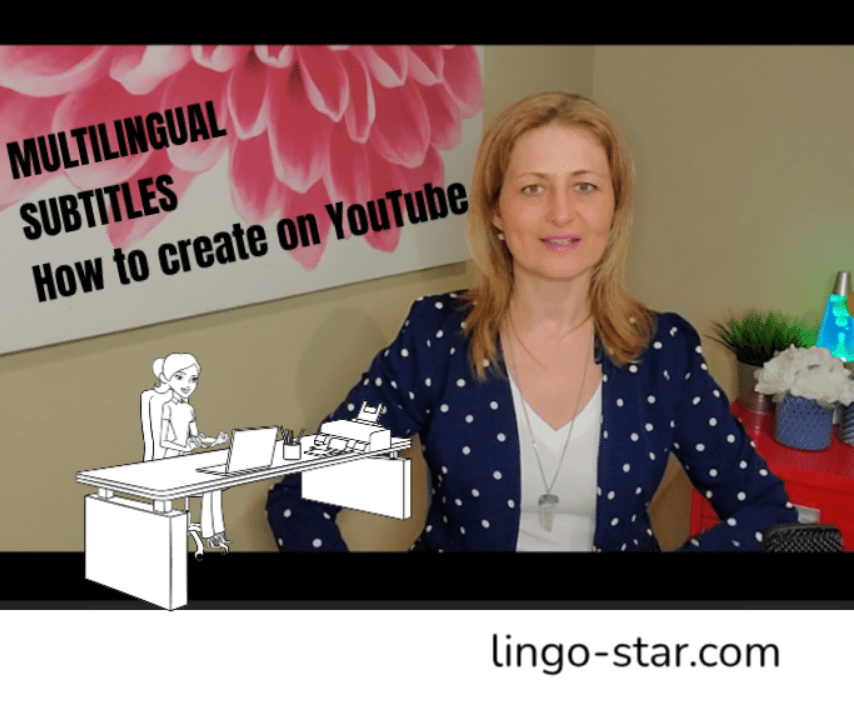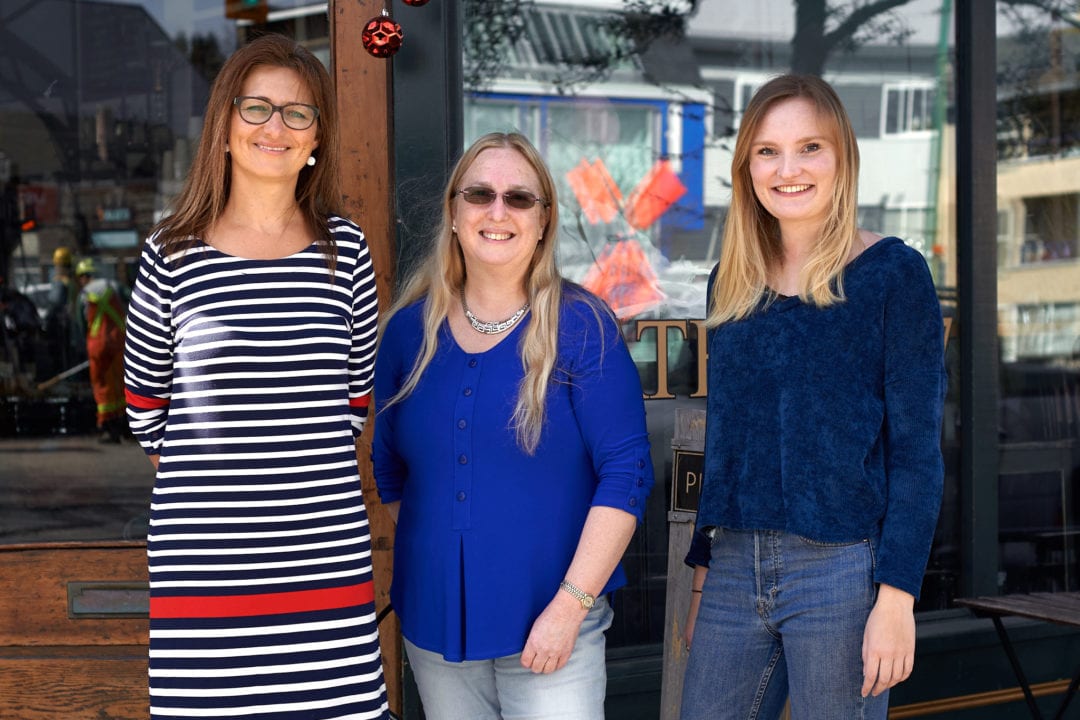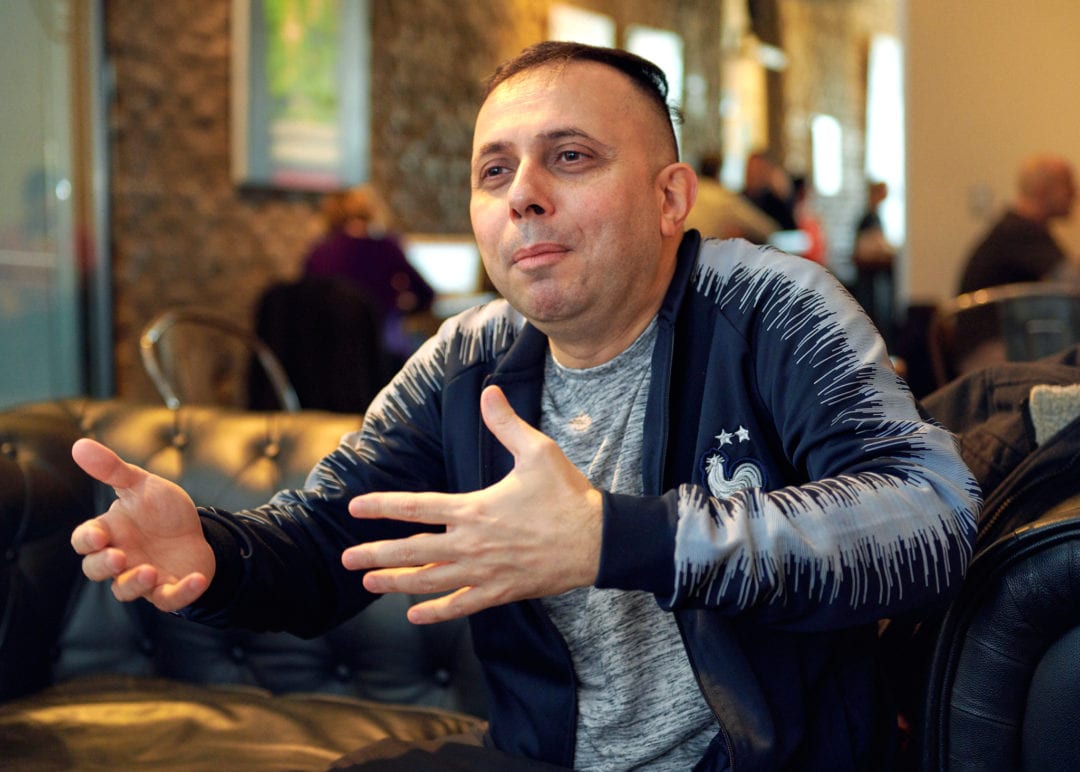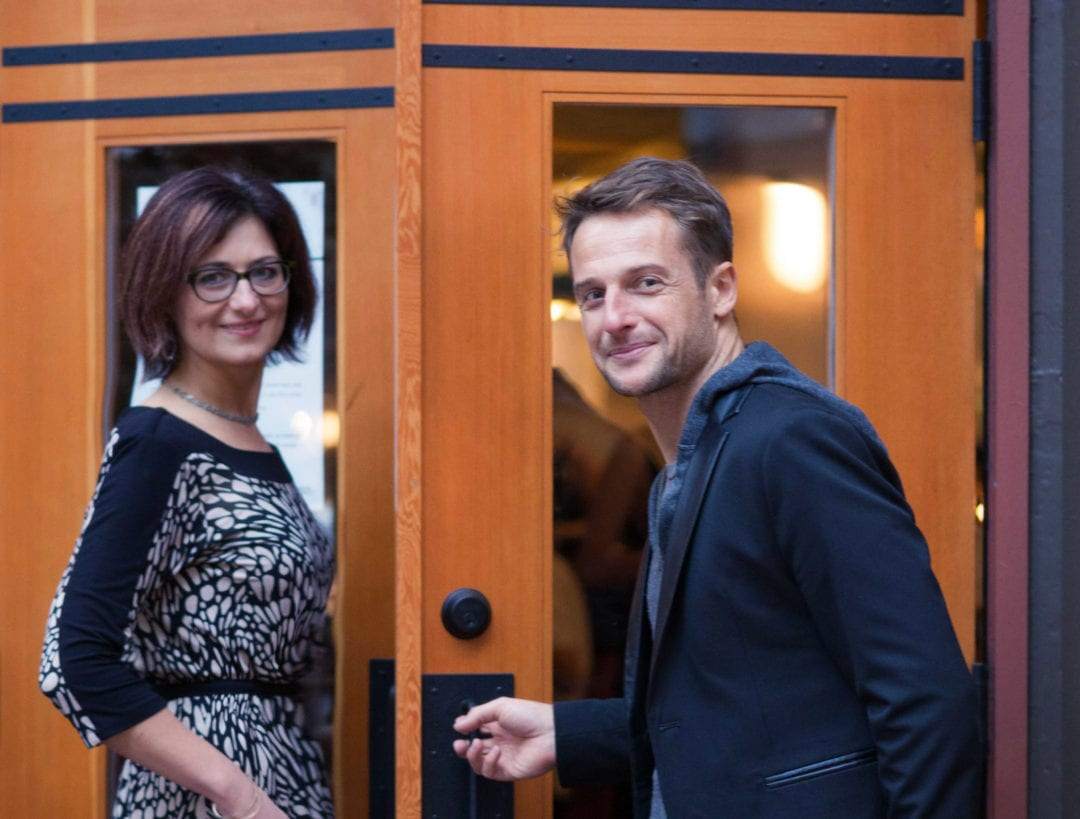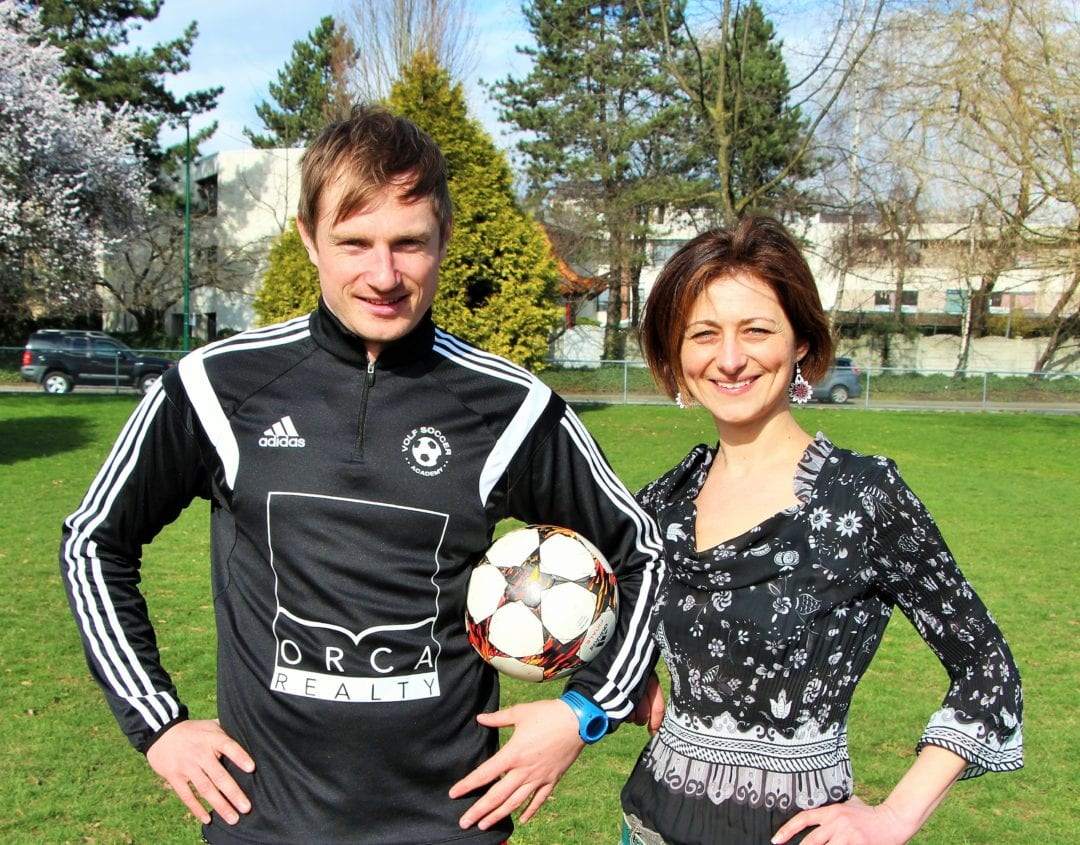Translation Services Canada – Welcome to LingoStar
Established in 2004, LingoStar Language Services is a versatile and resourceful language services company dedicated to excellence in quality and customer service. We provide cultural and industry-appropriate language solutions tailored to your specific needs. Ready to go global? Do you want to reach multilingual communities?
Read more about LingoStar’s translations…
Explore Website Translation & Localization | LingoStar
Interested in website translations? Go global with your multilingual site!
Read more about multilingual websites…
Download our FREE eBook or Read more about LingoStar website translation guide…
Website Translation Free E-book
TRANSLATION
LingoStar provides translation of all types of written documents of any kind of complexity. Whether it is a personal document, a complex medical report, a technical manual, or a patent of a new design – we are here to help you.
INTERPRETATION
Are you looking for the right person to interpret spoken texts in a conference, provide training, or translate verbal negotiations? LingoStar Language Services can help you find a professional interpreter that will fit your exact needs. Reach out to multilingual communities with our interpreters.
VOICE-OVER
All of your audio and media files need to be localized if you want to attract your target audience. Voice-over translation is perfect for this purpose. With LingoStar you can find the perfect voice-over artist to help your business reach your target market.
WEBSITE TRANSLATION
Do you want to establish credibility with international customers? We can provide website translation to French, Spanish, Chinese, Russian, and many other languages to help your customers understand and use your services or products.

GO CANADIAN. GO BILINGUAL.
We are a Canadian company and specialize in English to French translation.
Need translation from Canadian French into English or English into Canadian French?
EMPLOYMENT OPPORTUNITIES
LingoStar is looking for reliable freelance translators, interpreters, proofreaders, desktop publishers, voice-over artists, transcribers, tutors, tour guides and other language professionals who will work with us to deliver high quality services within set deadlines.
MOST RECENT BLOG ARTICLES
Happy Easter Everywhere!
Easter is coming! Easter Sunday is a celebration for millions of people around the world who honor the resurrection of Jesus, described in the New Testament as having occurred three days after his crucifixion. For children, it is also the day the Easter bunny hides chocolate eggs for them to find in a much-celebrated Easter Egg Hunt. Easter corresponds with the first Sunday following the full moon after the March equinox, and occurs on different dates around the world since western and eastern churches do not use the same calendar. However the egg hunt is not the way every culture celebrates Easter. Here we detail some different Easter traditions around the world. Prizzi – Italy In Prizzi, Sicily, villagers do the “Abballu de daivuli”, dressing as devils wearing terrifying zinc masks and red robes and pestering as many “souls” as they can (which really means making them pay for drinks). In the afternoon, the Virgin Mary and the risen Christ save the day by sending the devils away with angels. Verges – Spain On Holy Thursday in Verges, Spain, the “dansa de la mort” or “death dance” is performed. Everyone dresses in skeleton costumes and parades through the streets. The procession ends with frightening skeletons carrying boxes of ashes. The macabre dance begins at midnight and continues for three hours into the early morning. Czech Republic In Czech Republic there is an Easter Monday tradition in which men spank women with handmade whips made of willow and decorated with ribbons. According to legend, the willow is the first tree to bloom in the spring, so the branches are supposed to transfer... read more7 Reasons Why You Should Have a Multilingual Website
Still wondering whether to go for a multilingual website? In previous blog posts, we talked about the advantages of having your website translated and the importance of website localization, as well as the multilingual trends in 2017. If these weren’t enough to convince you, here are seven reasons why we think you should definitely take the plunge and go global! 1. A big truth to start with… This is a cybernetic era! These days, you should be up-to-date with technology to be successful in practically any business area. You are only part of the world if your name is on the internet. However, that’s not enough. To be connected and boost your business, you need to have a multilingual website. Even though English is a global language, consumers prefer to read in their own language. You should be ready to embrace them all! 2. Spot your target Your website will open many doors for you but to be in the game you have to know how to play. You obviously know your product or service but it is most important to know to whom you are selling it! Every text and image on your website is an opportunity to touch the heart of a potential client. If you know what your clients want, you can use it to catch their attention and show them that you have what they need. How will they know this if they can’t even read your homepage? 3. Let’s go global – Open your business to the world So the first step in the game is to have your website translated into a wide... read moreDubbing : What it means and its importance throughout countries
Dubbing – Giving the Audience the Ultimate Sound Experience Dubbing is a post-production process in which sounds such as dialogue or other sound effects from a motion picture are perfected or added. The aim: to offer the audience an exceptional audiovisual illusion. Perfect dubbing allows the listener to perceive the sounds as natural, rather than recorded over through a post-production dubbing process. So, how does one achieve perfect dubbing? Let’s find out! Original-Language Dubbing Although for most people ‘dubbing’ means the foreign-language adaptation of a movie, there are two other types of dubbing that are commonly used but often go unnoticed: dialogue replacement and Foley. Dialogue replacement is necessary for many movies because the on-set audio recording is often unsuitable for the final version. There are many reasons why this might be. First of all, the set is often placed in unnatural environments or even a studio where the recording of voices does not sound the same way as it would in the actual environment where the scene is supposed to take place. Plus, undesirable noises can result from filming equipment, weather, traffic and other uncontrollable factors. Also, the microphones might not be placed close enough to the actors, e.g. in a long shot. So, in order for the audience to hear the dialogue clearly and to eliminate distracting noises as well as improve the sound quality in general, the actors come back to a studio to record their own voices again, in synchronization with the scene. Sometimes, this even allows for changing of lines. In some cases, this has also been done to improve or replace singing voices... read moreLingoStar Translation Agency has launched a new series of interviews and stories about interesting people and artists who recount their life experiences to us. We are happy to know that there are so many talented, extraordinary people and that we have a chance to share these stories with you!
If you have a story to share with us, it can be featured here too!
Showcase your art & skills by providing us with an interview.
Do you love languages and different cultures? Tell us your life story!
Has translation helped your company thrive? Be our case study!
Working with LingoStar on many multilingual projects for both translation and voice-over is a real pleasure. Their work is extremely well-managed and the attention to detail – a must in the translation field – is outstanding. Thank you, LingoStar!
Gemma ScottLingoStar consistently delivers on time and in the format that best suits the needs of our business. We often need last-minute translations, and LingoStar’s highly professional team of translators has never disappointed.
Sina Noureddin
MOST TRANSLATED LANGUAGE PAIRS IN OUR OFFICES:
Vancouver
%
English to Chinese Translation
Toronto
%
English to French Translation
USA
%
English to Spanish Translation












